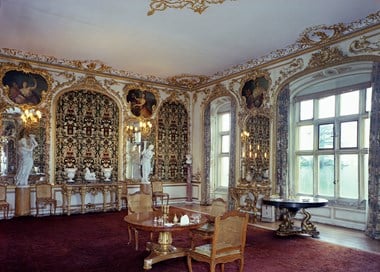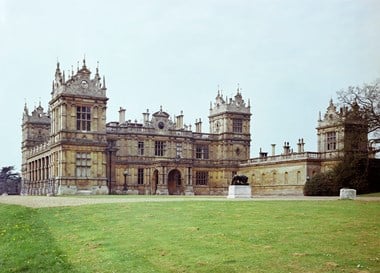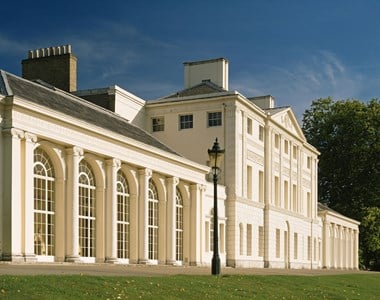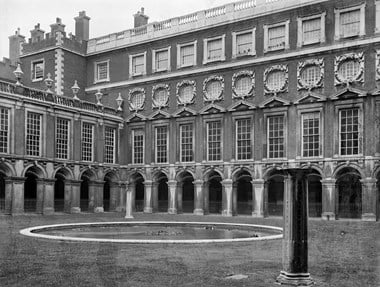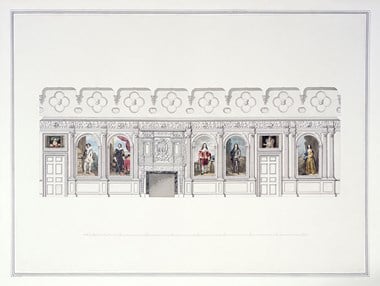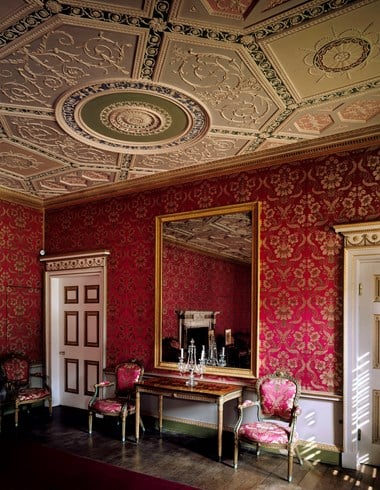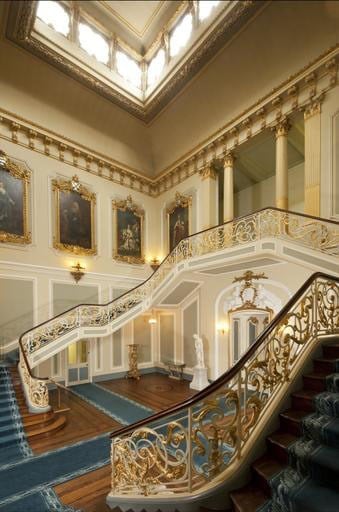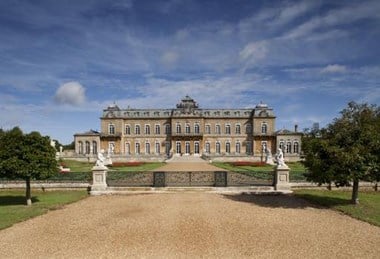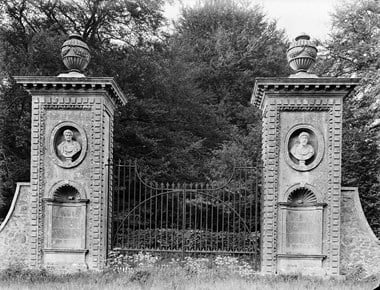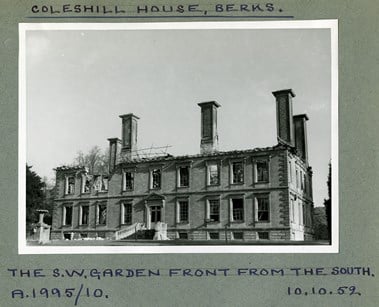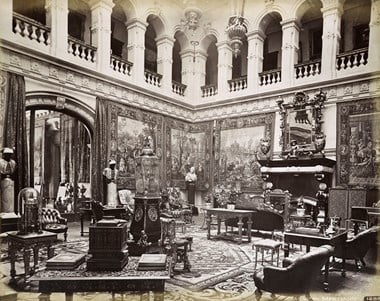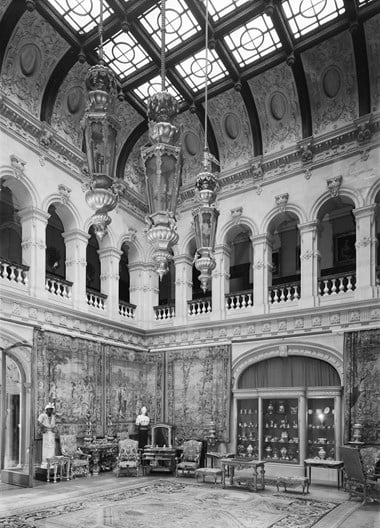The Country House
Material culture and consumption
Buy from bookshopThe country house has long been recognised as a symbol of elite power - a showpiece demonstrating the wealth and ambition of its owner, but also their taste and discernment. Ownership of a country house distinguished the landed classes from the rest of society and signalled an individual's arrival amongst a privileged elite. Yet, as the contributions to this book amply demonstrate, the country house in Britain and elsewhere in Europe was much more than this; it was a lived and living space, populated by family, visitors and servants. This formed the context in which decisions were made about what to buy, what to keep and what could be discarded; about what taste comprised and how it would be balanced against financial constraints or the imperatives of pedigree and heritance.
In this collection, consumption is thus explored as an active and on-going process that involved the mundane as well as the magnificent. It drew the country house into complex and overlapping networks of supply that stretched from the local to the international. Material culture and elite identity were shaped by a cosmopolitan mixture of the everyday, the European and the exotic; food from the kitchen garden was served à la Française from Chinese porcelain.
Contents
- Introduction Jon Stobart: The country house and cultures of consumption
- Section 1: Elites, consumption and the country house
1. Yme Kuiper: The rise of the country house in the Dutch Republic: beyond Johan Huizinga's narrative of Dutch civilisation in the 17th century
2. Jane Whittle: The gentry as consumers in early 17th-century England
3. Johanna Ilmakunnas: To build according to one's status: a country house in late 18th-century Sweden
4. Mark Rothery and Jon Stobart: Geographies of supply: Stoneleigh Abbey and Arbury Hall in the 18th century
5. Shelley Garland: The use of French architectural design books in De Grey's choice of style at Wrest Park - Section 2: Continuity, heritage and the country house
6. Hannah Chavasse: Fashion and 'affectionate recollection': material culture at Audley End, 1762-1773
7. Hanneke Ronnes: A sense of heritage: renewal versus preservation in the English and Dutch palaces of William III in the 18th century
8. Victor Hugo López Borges: An Anglo-Irish country house in Spain: the Palacio de Castrelos - Section 3: Eastern connections, adoptions and imitations
9. Emile de Bruijn: Consuming East Asia: continuity and change in the development of chinoiserie
10. Kate Smith: Imperial objects? Country house interiors in 18th-century Britain
11. Patricia F Ferguson: 'Japan China' taste and elite ceramic consumption in 18th-century England: revising the narrative
12. Helen Clifford: 'Conquests from North to South': The Dundas property empire. New wealth, constructing status and the role of 'India' goods in the British country house. - Section 4: Country house interiors as lived spaces
13. Rosie MacArthur: Settling into the country house: the Hanburys at Kelmarsh Hall
14. Susan Jenkins: Fashion and function: the decoration of the library at Kenwood in context
15. Karol Mullaney-Dignam: Useless and extravagant? The consumption of music in the Irish country house
16. Annie Gray: Broccoli, bunnies and beef: supplying the edible wants of the Victorian country house - Section 5: Presenting the country house
17. Nicola Pickering: Mayer Amschel de Rothschild and Mentmore Towers: displaying 'le goût Rothschild'
18. Anna McEvoy: Following in the footsteps of 18th-century tourists: the visitor experience at Stowe over 300 years
19. Karen Fielder: X marks the spot: narratives of a lost country house
The Country House image gallery
Please click on the gallery images to enlarge.
Additional Information
- Series: Architectural History
- Publication Status: Completed
- Pages: 224
- Illustrations: 122, black & white and colour
- ISBN: 9781848022331
Accessibility
If you require an alternative, accessible version of this document (for instance in audio, Braille or large print) please contact us:
Customer Service Department
Telephone: 0370 333 0607
Email: [email protected]

